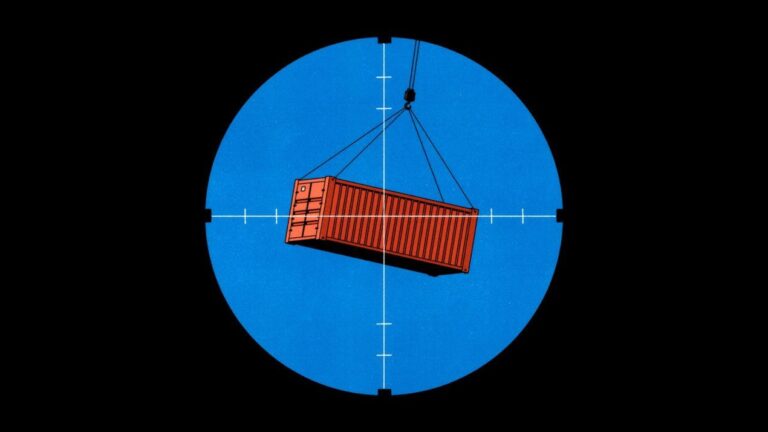Economic Outlook
Do Tariffs Cause Inflation? It Depends on Their Impacts
By MICHAEL J. PATON
Tariffs—long used as a government policy tool to protect domestic industries, generate revenue and influence international trade—also raise the economic concerns that they fuel inflation. This discussion point is complex because it involves direct and indirect effects on prices, consumer behavior, supply chains and economic growth.
A tariff is a tax imposed on imported goods, which increases the price of these goods for consumers. Tariffs can be implemented for assorted reasons that include protecting domestic industries. By making imported goods more expensive, tariffs encourage consumers to buy domestically produced alternatives, which generate

government revenues to provide a source of income for the government. Tariffs, too, can be used in response to unfair trade practices by other nations. While tariffs can achieve these objectives, they also have consequences for prices, wages and overall economic stability, making them a focal point in any prismatic discussion on inflation.
Tariffs directly increase the price of imported goods by the amount of the tax imposed. For example, if a government imposes a 10% tariff on imported steel, the cost of steel rises accordingly. This increase in costs can lead to higher prices for consumers and businesses that rely on imported materials.
When businesses face higher costs due to tariffs, they often pass most of these costs on to consumers. This results in increased prices for goods and services, contributing to overall inflation. In addition, many industries depend on imported raw materials and intermediate goods. Tariffs raise the costs of these inputs, leading to higher production expenses and, ultimately, higher consumer prices.
Tariffs often target specific industries, such as steel, aluminum and electronics. When tariffs drive up costs in these industries, related products (e.g., automobiles or appliances) also become more expensive, contributing to inflation in particular sectors.
Beyond the direct increase in prices, tariffs can have broader macroeconomic effects that contribute to inflation. Tariffs can alter global supply chains, making it more expensive or difficult for businesses to obtain materials and products from traditional sources. Companies may need to find alternative suppliers, which can lead to inefficiencies and increased costs. Disruptions can create shortages, further driving up prices. Tariffs can reduce competition by limiting the number of foreign goods available in the market. With fewer choices, domestic producers may increase prices, leading to inflationary pressures. Reduced competition can also lower incentives for efficiency and innovation, potentially leading to sustained higher prices.
The broader research is mixed. Research by the National Bureau of Economic Research found that tariffs tend to have inflationary effects, particularly when they target broad categories of goods. The Federal Reserve has noted that tariffs can contribute to short-term inflation but that their long-term effects depend on factors, such as monetary policy and global supply chains.
About the author: Michael J. Paton is a portfolio manager at Tocqueville Asset Management L.P. He can be reached at 212-698-0800 or by email at MPaton@tocqueville.com.
To read Mr. Paton’s full report, see the April edition of CONSTRUCTION NEWS, www.cicbca.org
